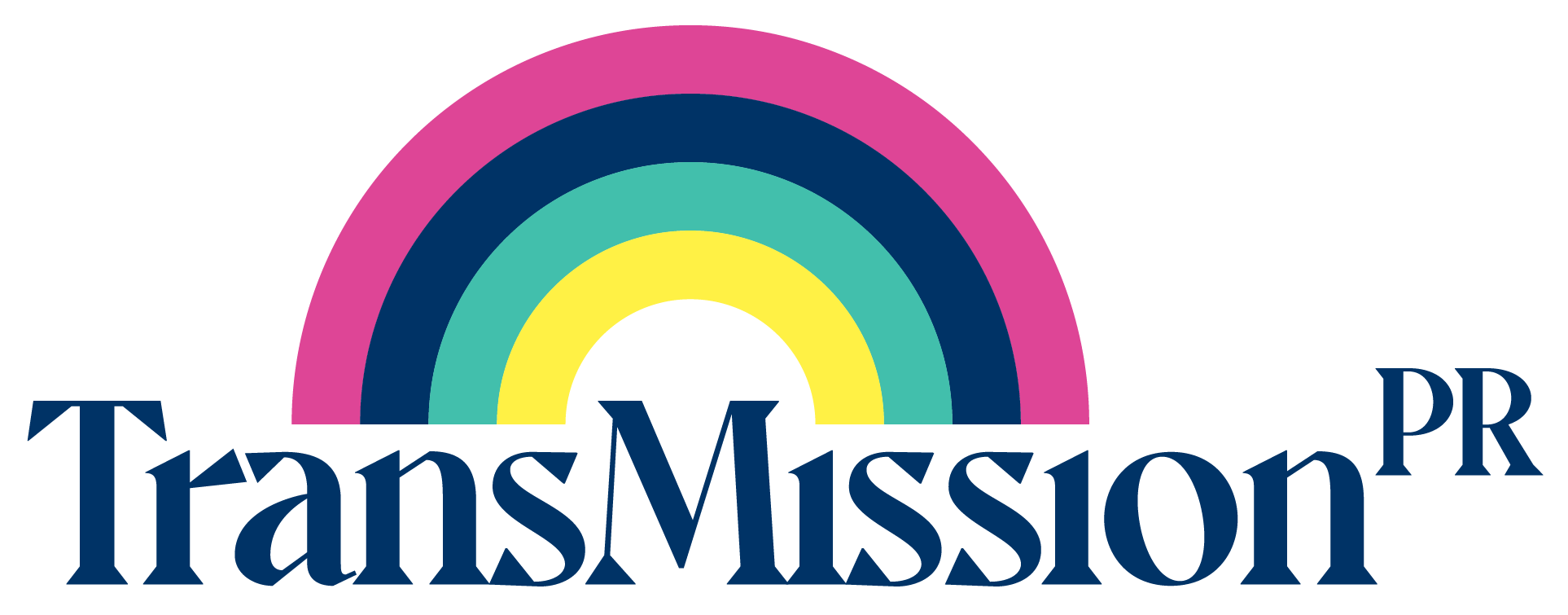
06 Jun 5 Lessons Brands Can Learn from Innocent’s Not-So-Smooth Response to Attacks on Trans-Inclusivity
In today’s interconnected world, brands face unprecedented scrutiny over their actions and statements. One wrong move can lead to a social media storm, potentially damaging their reputation and alienating their target audience.
Innocent Drinks, the well-known and beloved smoothie brand, is the latest in a list of household names that has found itself in the midst of a controversy and facing a backlash for being trans-inclusive. For many, the issue with Innocent wasn’t that they posted a trans-inclusive tweet in support of Mermaids,, but that they deleted it in the face of opposition from trans-hostile forces.
As we kick off Pride season we have detailed several key lessons that brand managers can learn from this incident, and how they can respond to similar attacks in a way that continues to support and uplift trans people.
1. Understand the Importance of Inclusivity:
The first lesson brands can learn from Innocent’s situation is the significance of inclusivity. In today’s diverse and socially aware society, brands must recognise the power and responsibility they hold. By actively embracing inclusivity and supporting marginalised communities, brands can create a positive impact and resonate with their audience. However, it is crucial to be prepared for potential backlash and remain steadfast in the face of adversity, otherwise brands risk being accused of ‘pink washing’ and can upset the very people they were trying to support.
2. Have a Crisis Communications Plan in Place:
Innocent’s response to the backlash highlights the importance of having a crisis communications plan in place. When faced with criticism, it is essential to respond promptly, transparently, and authentically. Brands should have a designated team trained to handle such situations, ensuring a consistent and empathetic message goes out. The team must also understand the nuances of language around trans and LGBTQ+ people and recognise bad-faith arguments when they are presented. Engaging in open, but steadfast dialogue can help defuse tensions and show the brand’s commitment to listening and most importantly, learning.
3. Stand by Your Values:
When attacked for being trans-inclusive or supporting any marginalised community, brands must stand firm in their values. Innocent’s decision to delete the controversial tweet only fuelled the controversy further. Instead of running scared, brands should use such moments as an opportunity to reinforce their commitment to inclusivity and diversity. Authenticity is key, and the brand’s unwavering support for trans rights should be reaffirmed, even in the face of opposition.
4. Engage with the Community:
One of the most effective ways for brands to respond to attacks is by actively engaging with the community. Rather than retreating or remaining silent, Innocent could have utilised its platform to facilitate a conversation, educate, and dispel any misconceptions. By partnering with relevant organisations, hosting educational webinars, or sharing trans voices and stories, brands can foster empathy, understanding, and positive change.
5. Learn and Improve:
The final lesson from Innocent’s experience is the importance of learning from the situation and using that learning to do better. Brands should conduct internal reviews to evaluate their messaging and practices, identifying areas for growth and development. Engaging with diversity and inclusion experts familiar with trans topics can provide valuable insights and help shape future strategies. Transparency in this process can rebuild trust and demonstrate the brand’s genuine commitment to positive change.
Innocent Drinks’ recent controversy serves as a valuable lesson for brand managers on how to respond to attacks on trans-inclusivity while maintaining support for marginalised communities. By understanding the importance of inclusivity, having a crisis communication plan in place, standing by their values, engaging with the community, and continuously learning and improving, brands can navigate such challenges successfully. In a world that increasingly demands accountability and authenticity, embracing diversity and inclusivity is not only the right thing to do but also a strategic move that can strengthen brand reputation and foster a loyal customer base.
If you want to know more about crisis comms and how to navigate the choppy waters of being a trans-supportive brand in a time of controversy and public digital engagement, drop us a line info@transmissionpr.com. We’d love to help.
- 5 Lessons Brands Can Learn from Innocent’s Not-So-Smooth Response to Attacks on Trans-Inclusivity - June 6, 2023
- How to Use AI Ethically and Inclusively for Trans Representation - May 15, 2023
- How to Use 2021 Census Data to Enhance Trans-Inclusivity and Boost Business: Insights for Marketing Professionals, Brands and Businesses - January 7, 2023


